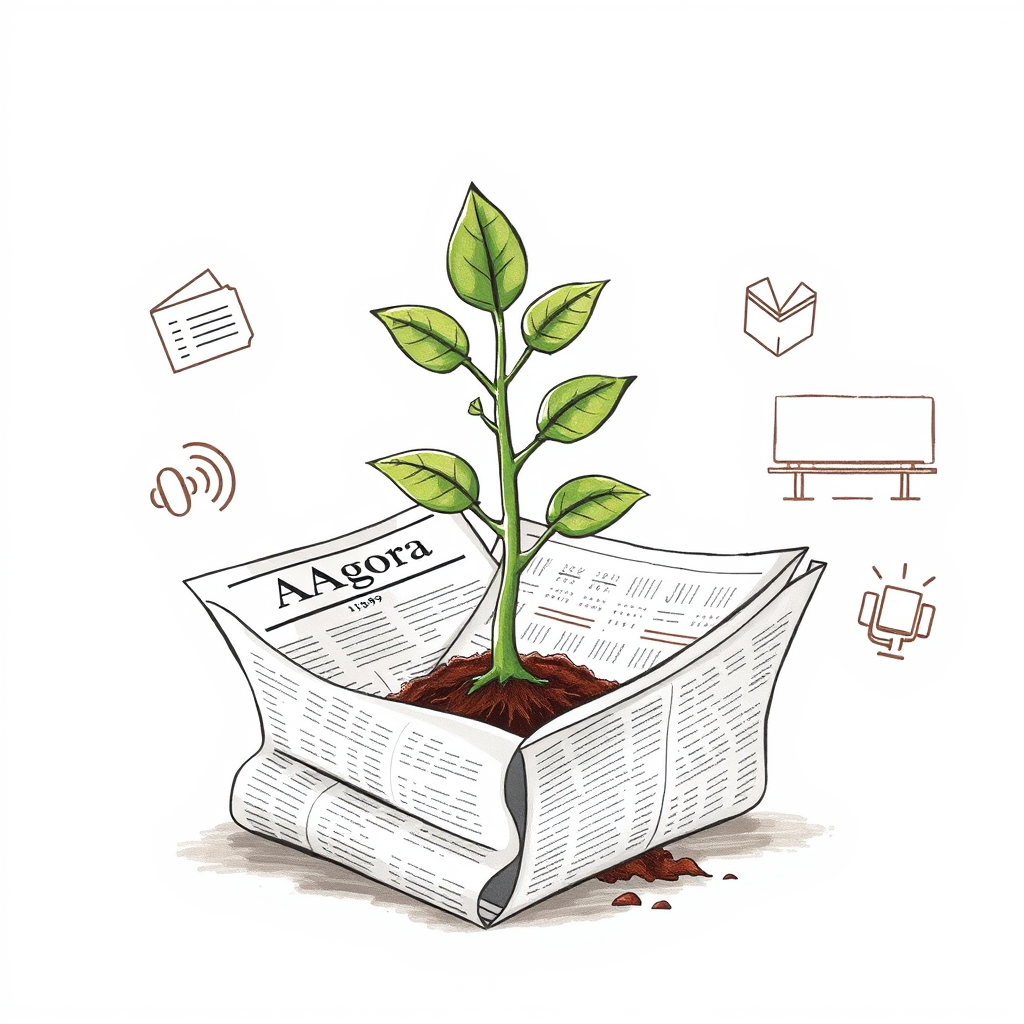Agora’s Resilience Strategy Fuels Growth and Independence

Agora, a Polish media conglomerate, showcased resilience as a core business strategy during its hosting of the 76th World News Media Congress, according to remarks made by CEO Bartłomiej Hojka. The company’s history, rooted in the anti-communist movement and the 1989 launch of Gazeta Wyborcza, isn’t simply a nostalgic origin story; it’s the foundation upon which Agora has built a diversified and financially stable operation. Hojka repeatedly emphasized that Agora was founded not for profit, but to instigate change and uphold core values – a principle that continues to guide its expansion.
Today, Agora reaches nearly 18 million people daily through its various platforms, generating approximately €380 million in revenue (€350 million revenue and €30 million EBITDA). While acknowledging the challenges facing publishers globally – particularly a stagnant advertising market – Agora is proactively pursuing growth through three key areas: digital subscriptions, podcast subscriptions, and digital Out of Home (OOH) advertising.
Gazeta Wyborcza’s early adoption of a paywall in 2014 has proven successful, currently boasting 300,000 digital subscribers. Agora is also making significant strides in audio, securing 50,000 paying subscribers to its podcast portfolio, despite the traditionally free nature of radio. The company’s OOH advertising segment is experiencing the most rapid growth, with a 70% year-over-year revenue increase.
Beyond news and digital media, Agora operates 54 cinemas, attracting 12 million visitors annually, and is a leading movie distributor and publisher. This diversification isn’t accidental; it’s a deliberate strategy to stabilize financial results and mitigate risk.
Hojka stressed the importance of leveraging strong, trusted brands in an increasingly competitive landscape, particularly with the rise of generative AI. Agora prioritizes investment in existing areas of expertise and cross-promotion across its media holdings.
The company’s resilience extends beyond financial performance. Hojka highlighted Agora’s role in Poland’s recent overcoming of a period of populist governance, asserting the vital role of independent journalism in combating disinformation. This commitment to truth and principled reporting, he argued, is more critical than ever.
Agora’s approach offers a compelling case study for media organizations navigating a turbulent environment. It’s a reminder that financial stability isn’t merely about maximizing profits, but about building a sustainable business model rooted in strong values and a commitment to serving the public interest. The company’s success isn’t just about surviving the crisis; it’s about thriving through it, and emerging stronger as a result. It’s a strategy that prioritizes long-term sustainability over short-term gains, and recognizes that trust and credibility are the most valuable assets a media organization can possess.